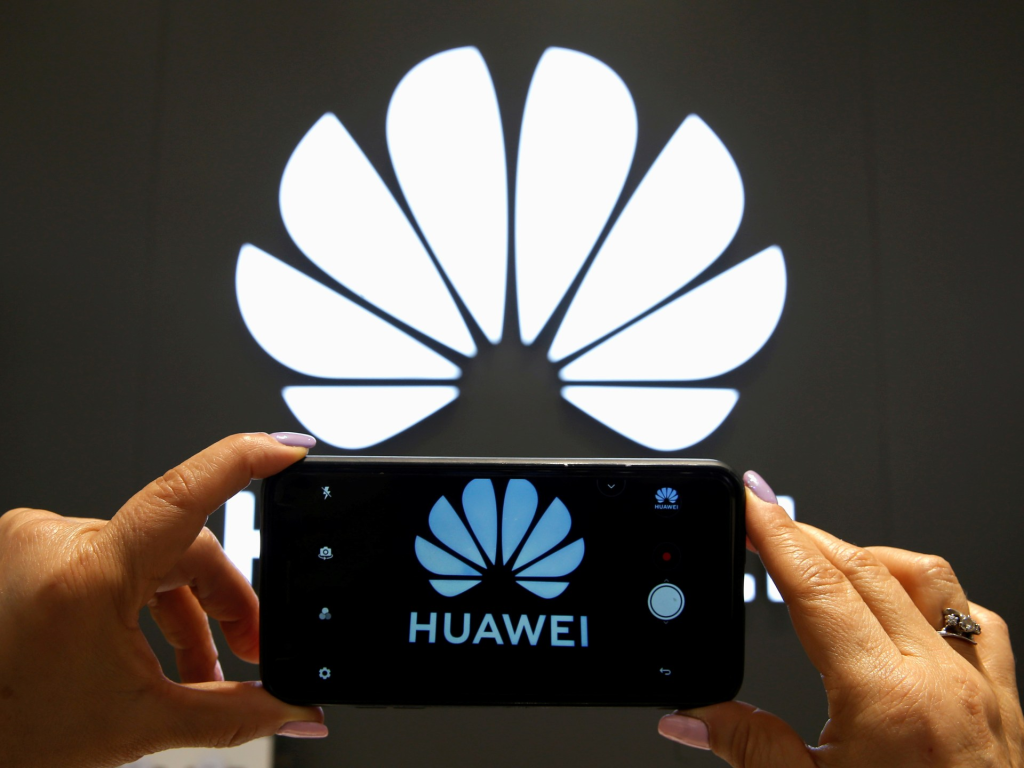Huawei Technologies is set to debut its highly anticipated home-grown mobile operating system HarmonyOS Next on Tuesday, touting it as an alternative to Apple’s iOS and Google’s Android, as the telecommunications equipment giant rallies domestic tech firms to build a Chinese mobile ecosystem amid US sanctions.
From Tuesday, HarmonyOS Next will be publicly available on Huawei’s Mate 60 series, the Mate X5 foldable smartphone and its 13.2 inch tablet MatePad Pro.
HarmonyOS Next, which Huawei touts as being entirely independently developed, no longer supports Android-based applications and has been dubbed “pure blood” HarmonyOS in China.
Do you have questions about the biggest topics and trends from around the world? Get the answers with SCMP Knowledge, our new platform of curated content with explainers, FAQs, analyses and infographics brought to you by our award-winning team.
The new mobile platform, which was made available for developers in China in January this year, is “a new life striving to grow”, said Richard Yu Chengdong, chairman of Huawei’s consumer business group, at a company event in Shanghai last month.
“We covered the path of over a decade of foreign operating system ecosystem development in just one year,” Yu added.
Ahead of the launch, Huawei mobilised China’s app developers to support the operating system in what it called an “oath-taking ceremony” last month, according to a September 26 blog post on Huawei’s website.
Prominent Chinese Big Tech firms, including Baidu, JD.com, Meituan and Tencent Holdings, all attended the meeting, Huawei said. More than 10,000 applications and native services have been developed for HarmonyOS Next, according to the company.
“Only with our own ecosystem can HarmonyOS truly be a mobile operating system,” deputy chairman Eric Xu Zhijun said at the meeting, according to Huawei.
“We hope that all application owners, including governments, enterprises, institutions, can develop native HarmonyOS versions,” Xu said.
Huawei first launched HarmonyOS as an Android alternative for the Chinese market in August 2019, just months after the US government added the Shenzhen-based company to a trade blacklist that blocked it from buying US-originated technologies without Washington’s approval.



